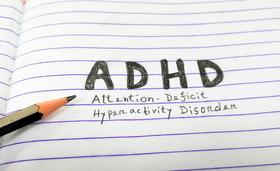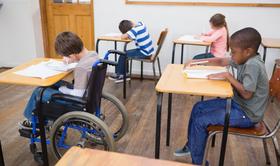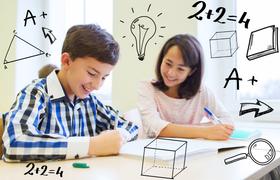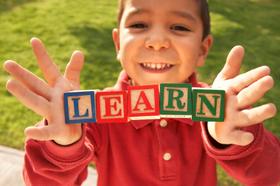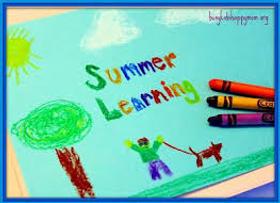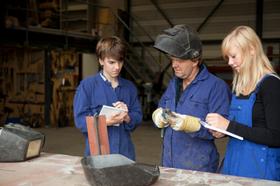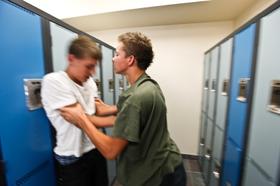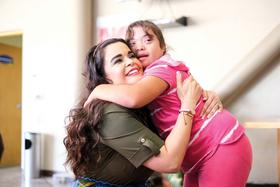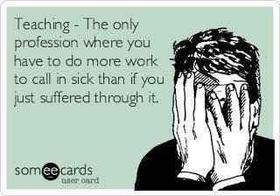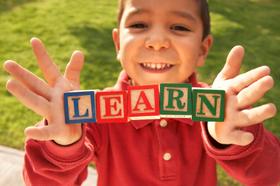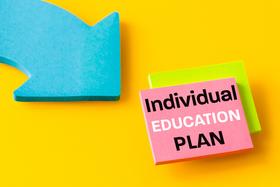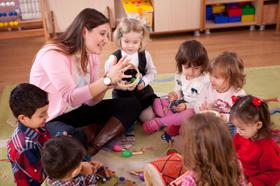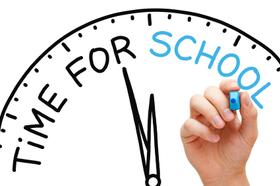The start of a new school year is always filled with many beginnings, including the beginning of the relationship with your child’s teacher. A positive relationship can reap many benefits for you and your child, creating a constructive learning environment where your young student can thrive. Developing a good relationship begins even before the first day of school, as you prepare your child - and yourself – for what lies ahead. Here are 10 constructive ways to build a positive relationship with your child’s teacher this year.
This TED Talk focuses on the parent-teacher relationship.
Make Initial Contact
It is important to make contact with your child’s teacher either before the school year begins or shortly after it has started. Some of the issues to cover with a teacher during this initial contact include:
- Health issues
- Family issues
- Learning style
- Behavior issues
By alerting your child’s teacher to these important factors at the beginning of the year, it allows that teacher to support your child in the best way possible throughout the year.
This video gives helpful tips on how to establish a productive relationship with your child's teacher that will benefit you, the children, and the teachers.
Offer Support
Let your child’s teacher know up front that you are on her side when it comes to how she runs her classroom. Give the teacher the authority she deserves as a professional who has been trained in her craft. While you may know your child best, the teacher is responsible for the education of anywhere from 20-30 students. She will know how to run her classroom to ensure all her students get the attention they need.
Avoid “Helicopter Parenting”
Helicopter parenting is the term used to describe parents who “hover” over their children, monitoring their every move and attempting to control every aspect of their lives. This problem becomes more pronounced as children get into the secondary grades, and it is particularly challenging for teachers during the high school years. Learn to be a coach from the sidelines and give your child guidelines for how to deal with teachers, rather than approaching the teacher yourself.
Get Involved
Parents who volunteer in the classroom often get access to the teacher from which other parents do not benefit. At the same time, your volunteer hours show the teacher that you support his work and want to help him out in any way you can. If you don’t have time to volunteer in the classroom, make sure you keep the lines of communication open so you can get to know your child’s teacher, even if you can’t be a physical presence in the class.
This video explains how to build a strong parent-teacher relationship in 7 steps
Work with Kids at Home
Children need plenty of resources at home for learning, including reading materials and school supplies. Spend time reading with your children every day, and check all homework assignments before they go into your child’s backpack. When parents work with their children during home hours, the children are more likely to succeed during the school day as well.
Set an Example
When your children are doing their homework, how do you spend that time? It is recommended that parents read to their children every day. The publication also suggests that parents set a good example, by showing that reading is both beneficial and enjoyable. It doesn’t matter what language you read in, as long as your children see you reading every day.
Avoid Offensive Phrases
Books & Review lists a number of phrases teachers simply don’t like to hear, including:
- Why do you assign so much homework?
- Why did you give my child this grade?
- My child is not behaving because he is bored.
- If my child said he did the assignment, he did it.
- I talked to the principal, but she said I should talk to you first.
Many of these phrases sound accusatory, while others sound like the parent is making excuses for the child. The last phrase tells the teacher that you went over his head to his boss before talking to him directly. All of these phrases are sure to set a combative tone, rather than a conciliatory one.
Alert Teacher to Home Issues
Teachers need to know about issues at home. Traumas and illnesses can impact a child’s school performance, and when teachers know the underlying cause, they can often help children work through it or provide the necessary slack until the difficult situation passes.
Support School Rules
Parents that support the rules of the school and classroom reinforce those guidelines in their children. When a child comes home with an issue, don’t assume your child is right and the teacher or the school is wrong.
“Teachers are not looking for miracles from parents, just cooperation,” Nancy Byron, an elementary school teacher, told the Orange County Register. “The best interactions I’ve had with parents are when they are willing to do two things: Be open to the possibility that their child may have an area of weakness and work in partnership with the teacher to help the child.”
Cooperate!
The underlying theme in most of these points is a cooperation between the parent and the teacher. Teamwork is the buzzword in a positive relationship that is characterized by a healthy give-and-take between the adults that are working together for the benefit of the child. Byron summed up the definition of cooperation between parent and teacher beautifully in her interview with the Orange County Register.
“When a teacher, parent, and student work together as a team, I’ve seen kids achieve great things time and time again,” Byron said.
Questions? Contact us on Facebook. @publicschoolreview



